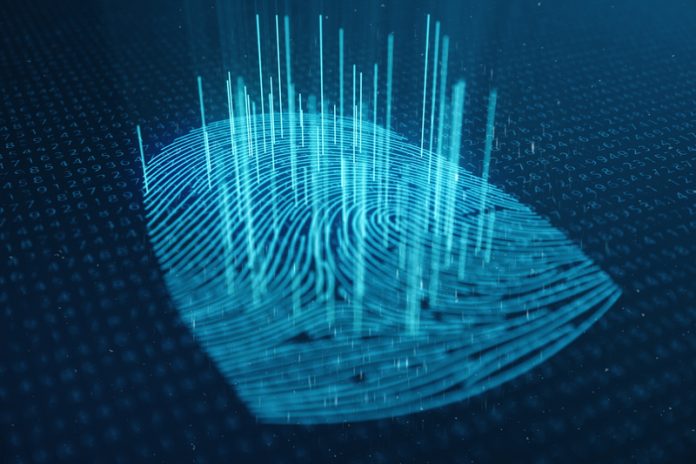Research by IDEX Biometrics has revealed that UK consumers are calling for biometric innovation to extend beyond payments
In fact, 38% of UK consumers would like to see biometric methods of authentication introduced to wider Government identification such as driving licences, NI numbers and passports.
The payment sector is already proving to be a pioneer of biometric fingerprint-enabled smart cards to replace the well-publicised insecure PIN, that has become a traditional payment authentication process in the UK. In fact, 53% claimed that they would trust the use of their fingerprint to authenticate payments more than a PIN and 70% are concerned that contactless payment cards are leaving them exposed to theft and fraud.
However, with biometric innovation set to extend beyond payments, it is paramount for other sectors including banks and beyond, such as the public sector, to act now to install a sense of trust and reassurance. The need to do so is evident as 44% admitted to feeling wary about using fingerprint biometrics to authenticate debit card payments and in other areas of their everyday life.
The majority of these security concerns stem from queries around how this data is stored. Banks and Government bodies have a responsibility to acknowledge consumer demand for the use of biometrics to streamline payments and proof of identity alike, but also to address consumer concerns around security and how data is used and stored.
“With the UK keen to demonstrate its capabilities as an innovative tech trailblazer and consumers demanding the introduction of biometrics in payments and for Government issued identification, it is clear traditional card-based methods must evolve to use fingerprint biometric authentication to encourage greater convenience and security,” comments Dave Orme, IDEX Biometrics SVP.
“In the same vein, while consumers are demonstrating demand for such innovation, a significant proportion of consumers are also showing nervousness around the use and management of biometric data by banks and Government bodies. The next step is for banks and Government bodies to build consumer confidence and demonstrate that personal information is far safer and better protected as a result of biometric innovation for payments, identification and beyond,” added Orme.
“The integration of biometric sensors into smart cards is considered one of the next-generation innovations that will move the payment card market into the 21st century. With 3 billion payment cards issued annually, this presents a big opportunity for the introduction of biometrics on a global scale.
“However, the payment card authentication process also shares many synergies across multiple markets, such as Government ID, physical and digital access, as well as IoT, where digital security and authentication are paramount. This is a chance to leverage biometrics and bring a convenient and secure method of authentication to the mass market for a wide variety of use cases, tackling fraudulent activity once and for all,” Phil Sealy, ABI Research Analyst.











